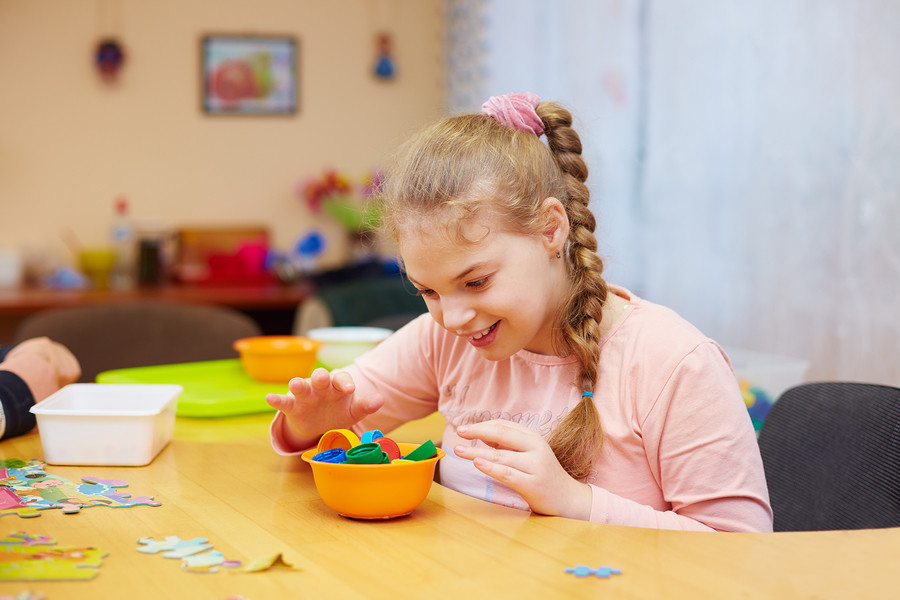The NDIS (which stands for National Disability Insurance Scheme) is the fresh manner that Australians and their families as well as carers who live with disabilities receive services and supports.
The scheme is governed by the National Disability Insurance Agency (NDIA), and aims to enable people living with long-term disabilities and medical conditions (up until 65 years old) to develop autonomy and independence, with the freedom and choice to live their lives how they choose.
The NDIS aspires to boost people’s ability to enhance their general well-being and realise their goals, by allowing clients (called participants) to determine the service providers they want to enlist.
The NDIS categorises participants’ funding into three categories: core supports, capital supports and capacity Building supports. NDIS improved daily living services come under core supports, and cover daily living activities, transport, consumables and community participation.
NDIS improved daily living service providers can help people improve their self-reliance to perform the activities of daily living that is essential to everyday life. Services can teach NDIS participants and their families/carers strategies and skills to be more independent and better connect with their social community.
NDIS improved daily living services focus on having a goal-based approach, where clients identify their long and short-term goals, and work with providers to meet their objectives. This can help promote clients’ ability to live the life of their own choosing.
Services can provide a wide range of supports, including:
- Preparing for school, TAFE, college or university
- Education and training (e.g. becoming a barista or completing your RSA)
- Money management and budgeting
- Improving literacy skills
- Providing interpreter services
- Improving time management and prioritisation skills
- Developing skills in household duties (e.g. cleaning, mowing the lawn, doing laundry, grocery shopping)
- Improving activities of daily living (ADLs) skills (e.g. showering, personal care, toileting)
- Helping with finding, or providing, housing and accommodation
- Education on road safety
- Education on how to remain safe in the community
- Travel training to use public transport
- Providing transport to attend medical, recreational, social, work or educational appointments or commitments
- Education on staying safe in the kitchen
- Improving meal preparation/cooking skills and understanding food contamination
- Education on nutrition (e.g. understanding food labels and importance of meal proportions)
- Improving social participation (e.g. assistance with sports coaching, attending camps or recreational classes, vacation activities, peer mentoring)
- Education on maintaining your general health and wellbeing
NDIS improved daily living service providers work closely with clients to help build their confidence, so that they can become more independent in daily tasks, assisting them to fulfil their potential and meet their identified goals and interests.
This often allows people to gain more meaning in their lives, as they feel more productive and self-secure. NDIS improved daily living services offer clients highly personalised training plans, and can offer skills training in specialised clinics or in clients’ homes.
Training can be done in group settings, or one-on-one, at the client’s discretion. With the number of NDIS improved daily living providers growing rapidly, clients are not short of experienced and specialised services to choose from.

